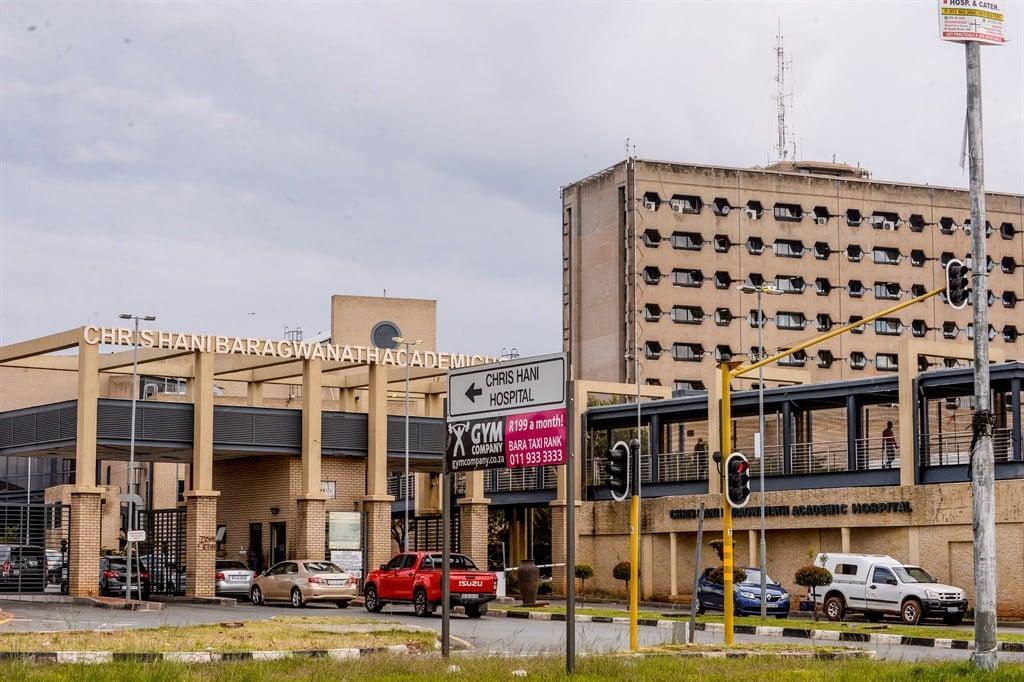Africa-Press – South-Africa. The National Health Insurance (NHI) is not going to fix the public healthcare system, especially when the doctor-patient ratio is one to 4 500.
This is according to Dr Bandile Hadebe, the spokesperson for the inaugural Africa Health Indaba, which is to be held in Gauteng in October.
The event seeks to position Africa as a leader in medical innovation and spearheading global change.
Speaking to News 24 on Tuesday, Hadebe said a key focus of the discussions would be aligning the NHI’s vision and trajectory, which was currently a contested issue.
The NHI Bill is with the National Council of Provinces after the National Assembly passed it in June, despite strong opposition from the private healthcare industry and opposition parties.
“The entire concept of the NHI is to make all available health resources accessible, which is far from happening in South Africa. Public healthcare has limited medical resources. The [doctor-patient] ratio is quite terrifying; as a result, one doctor has to see about 4 500 patients, while a private healthcare doctor sees less,” he said.
In May, the Financial and Fiscal Commission revealed that South Africa’s health sector continues to be plagued by economic inequalities, because private providers, which service only 15% of the population, have more resources.
This was laid bare in the report on the national health department’s 2023/24 budget and annual performance plan.
Hadebe said there was less investment in healthcare in most countries across the continent.
“In South Africa, this affects how we deliver health services. Meanwhile, the government is not known for the efficient distribution of money. The available funds are one of the key issues that need to be discussed when discussing limited resources,” he said.
Hadebe added:
He said the Africa Health Indaba would provide an essential forum for understanding how Africa’s healthcare future can reconcile with the NHI’s objectives, fostering an integrated and equitable health system.
“The event will serve as a roadmap for sustainable healthcare systems, universal health coverage and fostering regional cohesion. It aligns with the principles of medical science and evidence-driven decision-making, maintaining a non-partisan stance and focusing on global best practices,” he said.
Hadebe said the Africa Health Indaba was more than a platform for dialogue and innovation.
“The indaba will create a platform for dialogue and knowledge sharing about achieving UHC [universal health coverage] in Africa. It will address Africa’s unique challenges and opportunities and delve into the practicalities of resource sharing and balancing costs to stakeholders across the continent,” he said.
For More News And Analysis About South-Africa Follow Africa-Press






